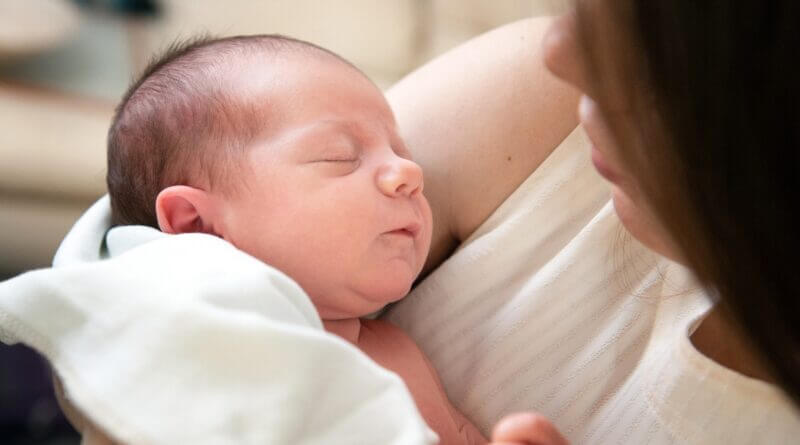Maternal health matters for Mississippi moms and babies
Editor’s note: The following is an opinion item provided by Dr. Anita Henderson, pediatrician with the Pediatric Clinic in Hattiesburg in the form of a Letter to the Editor from the Mississippi State Medical Association.
We hear the statistics so often that they do not really seem to matter anymore. Mississippi is number one in the nation in infant mortality rate, premature birth rate, fetal demise rate, low birthweight rate and on and on. Our maternal mortality rate is double the national average. Fewer children in Mississippi make it to their first birthday than in any other state. The numbers are daunting but consequently small changes can make a huge impact. A program like 12-month postpartum care for eligible mothers could have a big impact on our national rankings and the welfare of our mothers and babies.
We have a real opportunity to help families in Mississippi. Approximately 65 percent of babies born in Mississippi are born to moms on Medicaid. As a pediatrician practicing in South Mississippi, I can tell you that many of these moms are working moms. They are teachers, preachers, college students, waitresses, and more. Extending Medicaid to 12 months postpartum will not deter them from working. Postpartum care is not paid maternity leave or a cash payment of any sort. The program simply provides them with much needed health insurance that allows women to access much needed health care services during this critical time.
Some have argued that 12-month postpartum care will not improve outcomes, is unnecessary, and costs too much. Mississippi is sitting on a $3.9 billion surplus. According to the Mississippi Division of Medicaid in testimony to the Senate Medicaid Committee in December 2022, 12-month postpartum care is estimated to cost the state $7 million annually. We can and should spend $7 million or 0.18 percent of that surplus helping save the lives of moms and babies. 12-month postpartum care provides interpregnancy care which allows for improved spacing between pregnancies. We know that moms who have premature babies are more likely to have another premature baby if they get pregnant too quickly. Interpregnancy care helps optimize pregnancy spacing. Data from Texas during the public health emergency showed that women who had extended Medicaid coverage used twice as many postpartum services, 10 times as many contraceptive services and 37 percent fewer services for subsequent pregnancies within the first-year postpartum compared to the pre-pandemic group. The researchers suggest that the “increased access to contraceptive services might contribute to decreasing the incidence of short interval pregnancies, a known risk factor for poor maternal and infant health outcomes.”
Research also shows that decreasing the number of preterm births would save our state money. Mississippi scored an F from the March of Dimes with a preterm birth rate of 15 percent. According to the Journal of Perinatology February 2020, expenditures during the first six months of life for infants born at full term are $6,307. For infants born at 24 weeks that cost is $603,778 or 100 times the cost of a full-term baby. Access to postpartum care can help prevent these extreme preterm births, thus saving state health care dollars.
In 2017 the Mississippi Medical Care Advisory Committee (which is comprised of members appointed by the Governor, Lieutenant Governor, and Speaker of the House) recommended 12- month postpartum care. The committee found, “If Medicaid coverage, which extends to 60 days postpartum, were extended to one-year postpartum, women would have the ability to be healthier when they are next pregnant, thereby decreasing preterm births.” In October 2022, this committee again unanimously recommended 12-month postpartum coverage. Physicians have been recommending 12-month postpartum care for years as an evidence-based way to improve the lives of moms and babies.
12-month postpartum care is needed, necessary, and critical for Mississippi families. Improving maternal health must be our mission and prevention of prematurity should be our priority.
https://msdh.ms.gov/msdhsite/_static/resources/8127.pdf
https://medicaid.ms.gov/wp-content/uploads/2018/12/2017-MCAC-Annual-Report.pdf
Anita Henderson, MD
Pediatrician
The Pediatric Clinic, Hattiesburg, MS





